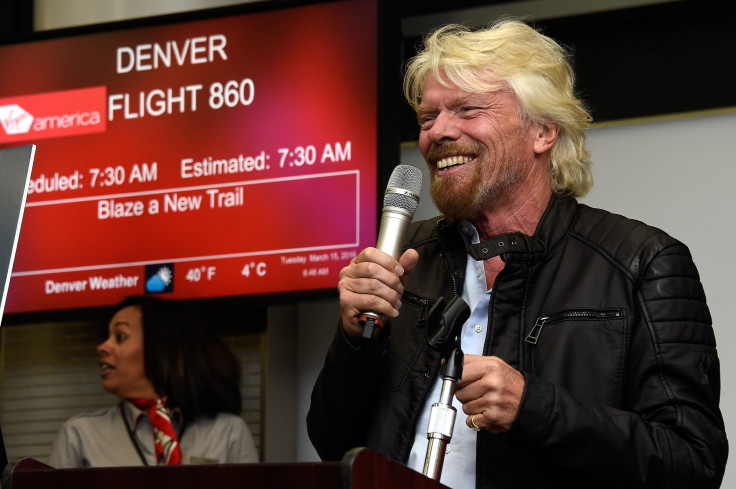Richard Branson Says He Supports Universal Basic Income, Robots Taking Jobs

Billionaire and Virgin Group founder Richard Branson is the latest businessman to say that universal basic income (UBI) can help people as jobs are lost to automation.
In a post, Branson detailed his experience is Finland, where the country is already experimenting with UBI. Since January, Finland has been paying those who are unemployed €560, part of its two-year experiment on 2,000 Finns aged 25-58. The money, which replaces previous benefits, is paid even if the individual finds a job, in an effort to reduce unemployment and loss of income from taking low-paid jobs to get by.
“The hope is that policies like these can help people struggling just to survive and allow them to get on their feet, be entrepreneurial and be more creative,” said Branson is the post.
Branson pointed out that UBI can help as humans lose their jobs to automation:
“With the acceleration of AI and other new technology, which Virgin’s Future Visions podcast is investigating, the world is changing fast. A lot of exciting new innovations are going to be created, which will generate a lot of opportunities and a lot of wealth, but there is a real danger it could also reduce the amount of jobs. This will make experimenting with ideas like basic income even more important in the years to come.”
Other locations in Italy, Canada and Scotland are also experimenting with UBI, while cities in the Netherlands are set to launch their first universal basic income trials later this year.
However, it’s still uncertain whether UBI will work, since the trials have been small.
“At the moment, the trials that have taken place have been local in size and vary in how they’ve been implemented,” said Branson. “So we’ve still got far to go before we can prove they can work on a larger scale.”
Other tech leaders have embraced UBI, including Facebook CEO Mark Zuckerberg and Tesla CEO Elon Musk.
Back in May, Zuckerberg called for a universal basic income in a commencement speech at Harvard University saying: “We should explore ideas like universal basic income to give everyone a cushion to try new things.”
Musk said last fall universal basic income will ultimately be the way to go.
"There is a pretty good chance we end up with a universal basic income, or something like that, due to automation,”Musk told CNBC. “I am not sure what else one would do. I think that is what would happen.”
Robots Taking Over Jobs?
Earlier this year, Musk warned about artificial intelligence at the World Government Summit 2017 in in the United Arab Emirates, saying that self-driving cars will be the norm within the next ten years.
Other businessmen have said the same about job automation, including Dallas Mavericks owner Mark Cuban. He turned to Twitter to warn about robots’ threat to unemployment saying “we need to prepare for it.”
Bill Gates also talked about job automation earlier this year. He said robots can be good thing by doing certain jobs so that people can focus in other fields where there is a shortage of workers. Gates suggested robots should be taxed just like humans are. The Microsoft founder said the tax system on automated labor should work like how it does with a person’s earnings when the government takes part of the wages to fund social programs.
Dr. Gokul Solai, co-founder of technology firm Solai & Cameron and Novatio Solutions, also said the increase in AI won’t hurt humans as much as everyone thinks.
“A lot of the work that these robots replicate is redundant, repetitive, and frankly boring," Gokul told International Business Times. "No one wants to do it."
He says machine learning and AI takes away the robotic work from humans.
“Essentially it is taking the robots out of the humans,” said Solai. “This allows humans to focus on more value adding work, to focus on innovation, and to focus on improving the world.”
© Copyright IBTimes 2025. All rights reserved.



















